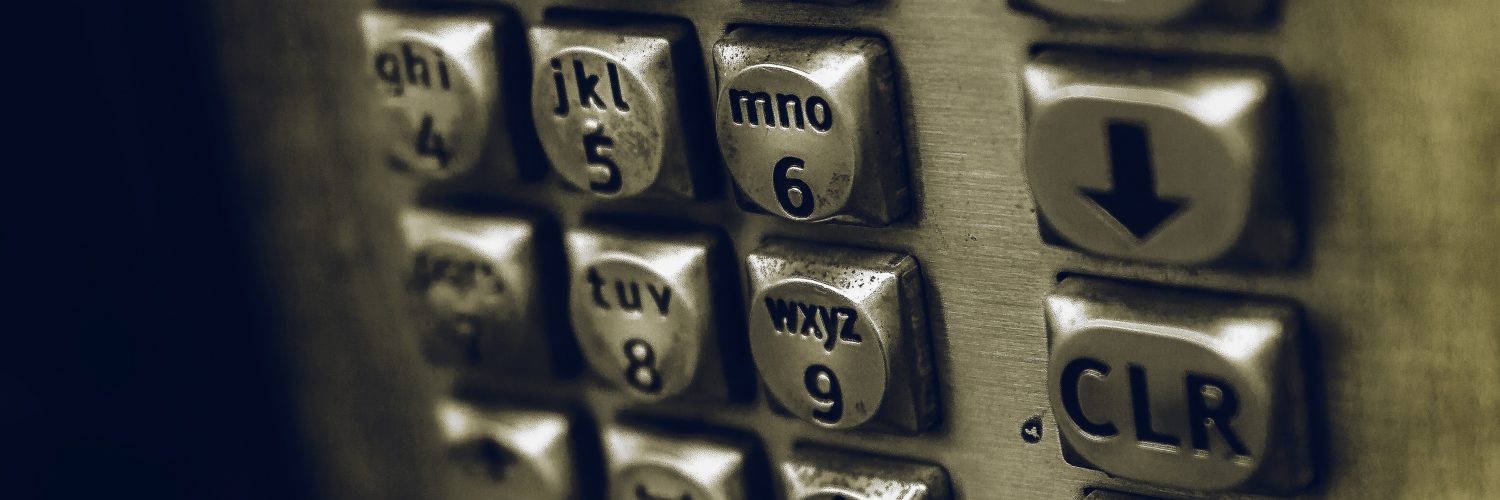The Arizona Department of Health Services (ADHS) and the Poison and Drug Information Centers of Arizona joined forces to offer the country’s first 24/7 opioid helpline for Arizona residents and health care providers.
The Arizona Opioid Assistance and Referral (OAR) Line was launched in March 2018 and connects the public and Arizona health care providers with experts who can provide resources.
“Preventing opioid overdoses and deaths in our state needs a multifaceted approach, and the new helpline is a major step forward as it will give medical providers immediate access to experts who can help to ensure safe prescribing and to identify treatment options for patients, which may or may not include opioids,” Cara Christ, MD, director of ADHS, said in Banner Health’s press release. “No two patients are the same and treatments vary based on individual needs, so we need to make sure we are providing tailored resources to our medical community.”
And the OAR line does just that.
Operated by Arizona’s two poison centers, The Banner Drug and Information Center in Phoenix and the Arizona Poison and Drug Information Center at the University of Arizona College of Pharmacy in Tucson, it provides resources for patients with acute and chronic pain, opioid withdrawals or acute opioid complications, and patient-specific consultation in real-time.
Since its launch in March, the line has received 1,166 opioid-related calls.
“This new resource allows callers to speak with subject matter experts, judgment-free, to get support with their own patients regarding opioid use,” Dr. Daniel Brooks, MD, medical director for Banner Poison and Drug Information Center said. “The opioid epidemic is very concerning, and this helpline can be a step in the right direction to offering guidance to professionals and to the public that want assistance.”
According to Brooks, most of the calls are related to the clinical effects of opioids – acute toxicity, withdrawal, and chronic use (or pain) related issues – but they hope patients and health care providers continue to use it as a resource and the number of calls increases.
“The majority of calls that come through the OAR Line are patients and prescribers concerned about how the new Opioid Epidemic Act will affect them and their ability to prescribe or receive opioids,” Steven Dudley, PharmD, clinical toxicologist, Arizona Poison and Drug Information Center said. “We do have a fair amount of calls from people who are looking to get treatment for an opioid use disorder for either themselves or someone they know and love. Some of those callers just want to know what the options are, they are not ready for treatment yet, but they are thinking about it. And that’s okay. We don’t expect the process to happen overnight. If we can help them inch closer to getting better, then we are all for it, however long it takes.”
The OAR Line staff also routinely follows-up with patients to confirm their well-being as well as maintain communication with service providers to address new and/or additional concerns.
“The great thing about this helpline is that we are using an existing, reliable resource – the Arizona Poison and Drug Information Centers,” Keith Boesen, director for the Arizona Poison and Drug Information Center, said. “Hopefully, this model can be replicated in other states to address the opioid epidemic or be replicated to assist with other substance issues.”
“I think this is something poison centers are well equipped to do seeing as we already have highly trained and specialized pharmacists, nurses, physicians, and genetic counselors dealing with the ins and outs of drug therapy daily. In fact, we have had healthcare professionals from other states visit the University of Arizona and learn more about how we are operating this service,” Dudley said.
Brooks says Banner is also assisting other states in creating opioid helplines.
“We have presented the OAR Line to other poison centers and the CDC at a national meeting in Washington D.C. at the beginning of 2018,” he said. “We hope to develop plans to work with pharmaceutical, healthcare and insurance companies to expand the use of the OAR Line. We also plan on researching, and publishing, our findings in hopes of decreasing the morbidity and mortality of opioid-related injuries.”
According to the ADHS, between June 2017 and Sept. 2018 there have been 2,258 suspected opioid deaths and 14,185 suspected opioid overdoses.
The helpline was started thanks to Governor Doug Ducey’s Opioid Epidemic Act legislation. It is only one of several initiatives to support Arizona health care providers who manage patients with chronic pain.
To reach the OAR line call 888-688-4222 or visit www.oarline.com for more information.
















Add comment